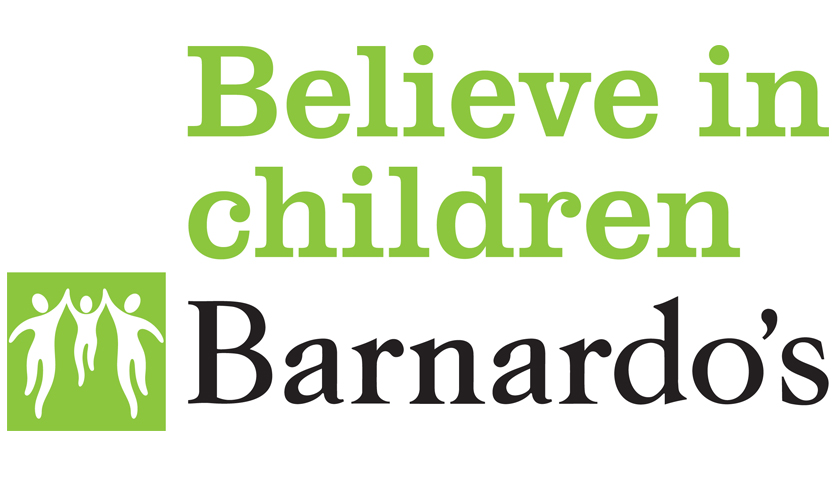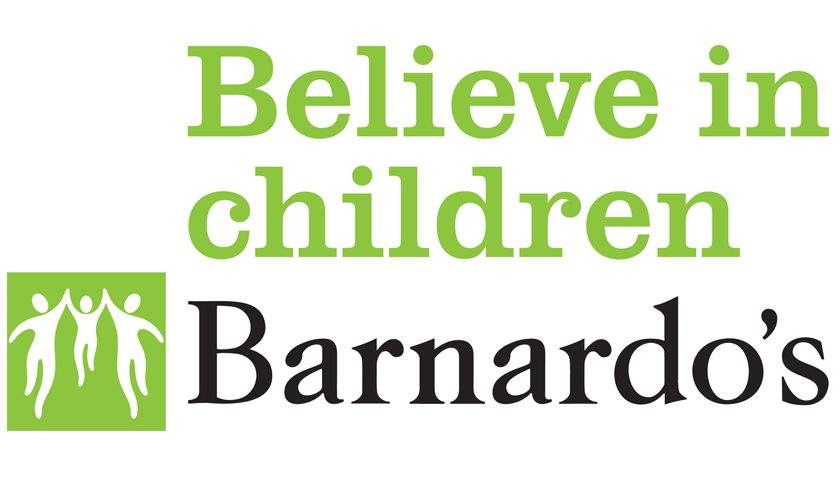Barnardo’s is calling for Mental Health Support Teams (MHSTs) to be urgently rolled out across England, as growing numbers of children and young people reach crisis point with their mental health.
As Children’s Mental Health Week gets underway, Barnardo’s is urging the Government to commit to expanding its MHST programme across all schools and colleges in England. The charity says this would provide crucial early intervention for children experiencing the first warning signs of poor mental health, including low mood, mild to moderate anxiety, and difficulties regulating their emotions.
With as many as one in six children aged 6-16 thought to have a mental health disorder, rising to one in four for those aged 17-191, Barnardo’s says this early support in schools could help to stop young people’s mental health from worsening and needing more acute and costly NHS treatment.
There are currently around 400 MHSTs in England providing support to nearly three million children. Barnardo’s delivers 12 MHSTs across England, with more being rolled out this year, delivering one-to-one support, group interventions and parenting support for around 96,000 children and young people.
The Government’s aim is for 36% of schools and colleges to be covered by an MHST by the end of this year. This would provide the service for around four million children and young people from 500 MHSTs. But Barnardo’s estimates that this would still leave 6.5 million children without vital school-based support.
Lynn Perry MBE, Barnardo’s CEO, said: “The ongoing crisis in children’s mental health threatens the prospects of a generation. The Covid-19 pandemic had a devastating effect on children’s education, home and social lives. Just as they started to see light at the end of the tunnel, they now have to contend with the cost-of-living crisis and the challenges this inevitably means for families.
“Without Mental Health Support Teams in schools, there’s no safety net to catch children who need help. Existing waiting lists for Child and Adolescent Mental Health Services are groaning under the pressure with many young people waiting months, or even years, to be seen. The high thresholds also mean so many have to wait until their mental health deteriorates before they get help.
“We recognise that the Government can’t do everything, especially in the current economic climate. But we know that rolling out Mental Health Support Teams is the right thing to do both for young people today and for the country’s finances in the future. Extending this vital service would stop children falling through the cracks and set them on the right path to a positive future.”
A-level student Daisy Handley, 17, from Solihull knows through her own experiences that dedicated Mental Health Support Teams in all schools and colleges across England are vital.
When Daisy was 14, she was treated for anxiety and depression after a teacher noticed she was withdrawn and struggling in the classroom. Her school didn’t have a dedicated mental health team so, whilst being supported by her teacher, Daisy faced a five month wait after being referred to the NHS Child and Adolescent Mental Health Service (CAMHS).
Daisy said: “I found the therapy massively helpful. It was nice to see a friendly face and have a constant source of support in an uncertain time. It helped to give me the tools I needed to manage my anxiety and I felt very supported by my school.
“It would be amazing to have more Mental Health Support Teams for others. I was lucky to have my teacher but, at the end of the day, he is there to teach. So, there were times when I needed support and he was busy with his teaching duties. It’s important that young people feel able to speak up. Anyone struggling should talk to someone and know that they’re not alone.”
A new report from Barnardo’s, ‘It’s Hard to Talk – Expanding Mental Health Support Teams in Education’, has highlighted how rolling out MHSTs would not only support more children but would also provide a significant cost saving for the public sector, at a time when budgets and services are under intense pressure.
The report also found that for every £1 invested in MHSTs, there is a predicted return of £1.90 to the state, through savings in further healthcare costs and the indirect benefits of improved school attendance and educational attainment.
In addition, it highlights how failing to roll out MHSTs now could cost the state £1.8 billion in alternative support from the NHS, including the impact of poor mental health on young people’s future contribution to society.
As well as MHST expansion, Barnardo’s is calling for every school to have a trained and accredited school counsellor to help those facing certain challenges avoid long waits for specialist support, while reducing the chances of their mental health spiralling into crisis before help is available.
Research last year by Barnardo’s and King’s College London, based on surveys of the charity’s frontline workers, revealed that mental health issues were becoming more prevalent. The research found that, before the pandemic, 20% of practitioners said that mental health was a growing concern, but this rocketed to 70% in June/July 2020 and was still at 40% in October/November 2021.
In addition, a survey of Barnardo’s practitioners last September found that 88% had seen an increase in the number of children and young people experiencing poor mental health in the last 12 months.
Barnardo’s launched a petition earlier this year calling on the Government to implement MHSTs to cover every school and college throughout England. Add your name here.


